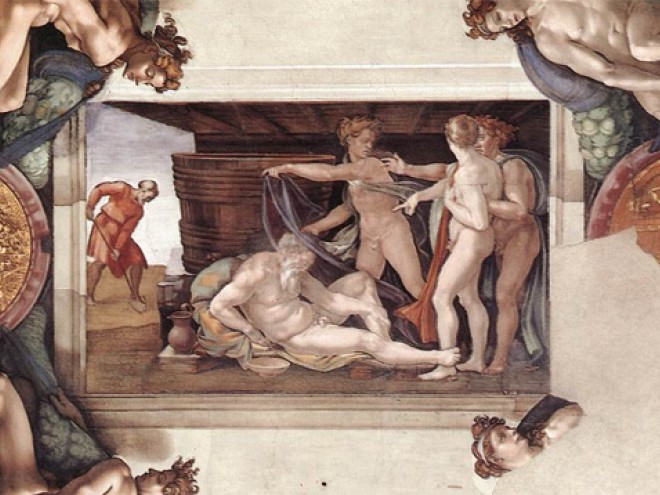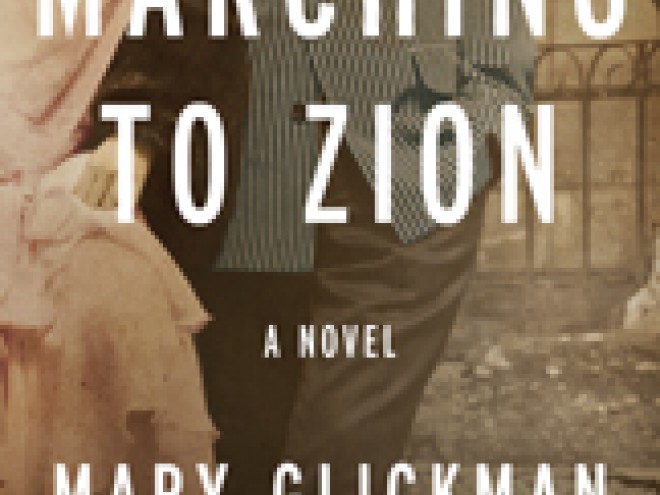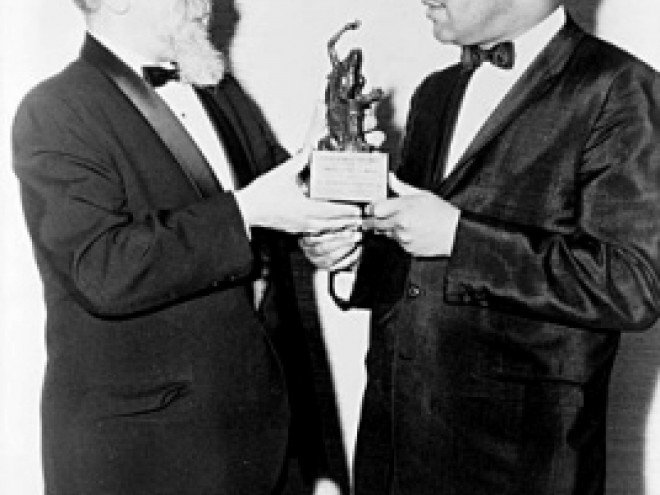Earlier this week, Mary Glickman shared what makes writing historical fiction work for her. With the upcoming release of her new novel An Undisturbed Peace, Mary is blogging here all week as part of the Visiting Scribe series on The ProsenPeople.
In the canon of Christian philosophy, it is clear that both Thomas Aquinas and Augustine described the Jews as “witnesses to history.” These men considered Jewish existence a vital part of God’s plan. They viewed Jews as eternal outliers, dispersed throughout the world, functioning as sacred historians, designed to suffer, digest, and report on the adventures and misadventures of both Christian and pagan narratives. As a Jew, a Jew who writes historical fiction, their thesis works for me. But there’s another, a more Jewish take on history and memory.
The public memory is exceedingly short. I’ve mentioned in the past on these very pages that it astonishes me that people are forgetful of history as recent as fifty years in the past, let alone one hundred. I’ve met Jewish and gentile individuals who are vigilant, intense on the issue of American racism, who have never heard of the White Citizens Councils of the ‘50s — I’m talking about Southerners whose parents lived through the Civil Rights terror in ways Northerners could never imagine, even those brave souls who spent a few weeks of their summers as voter registration workers during their student years. Likewise, non-Jews are poorly informed of old world pogroms and of the pre-Nazi, millennia-long flight of stateless Jews murdered en masse or hounded from country to country by state sponsored antisemites.
In my most recent novel, An Undisturbed Peace, I emphasize a curious correspondence between the Jewish and Native American experience, a comparison of the history of both peoples. Unfortunately, the catalogue of events afflicting Native Americans before the Trail of Tears is as obscured in modern memory as the two thousand years of the Jewish Diaspora and oppression before World War II. I’ve been told over and over by advance readers of the novel, “I never knew about that,” or “Surely, you made this part up,” when all I’ve done is take fleshed out characters and plopped them into the seamy cauldron of historical fact.
 Many of my fellow authors have chosen the Holocaust as subject, in the honorable and necessary effort to make sure the world never forgets. I find I cannot go there. The idea intimidates. The Holocaust is a most holy literary ground and I fear I may be too profane an author to render it properly. I leave works on the Holocaust to those with a deep familial connection or some other hook embedded inside their souls that pulls them into that dark, horrific time. I respect any creative mind taking up the challenge.
Many of my fellow authors have chosen the Holocaust as subject, in the honorable and necessary effort to make sure the world never forgets. I find I cannot go there. The idea intimidates. The Holocaust is a most holy literary ground and I fear I may be too profane an author to render it properly. I leave works on the Holocaust to those with a deep familial connection or some other hook embedded inside their souls that pulls them into that dark, horrific time. I respect any creative mind taking up the challenge.
For now, I prefer to never forget, to witness the forces that shaped the world that allowed the Holocaust to happen. Why was America so slow to enter World War II? People knew or at the very least strongly suspected what was happening to the Jews of Europe, no matter how they covered their tracks or rationalized later on. Was it a hardness of national heart fostered by a history of slavery, racial oppression, rapacious settlers, Native American land-grab and death march? These things are also matters we must never forget. As Aquinas and Augustine knew, there were Jewish witnesses all along the way. I plan to do my part in delivering their reports.
Mary Glickman is the author of Home in the Morning, One More River, and Marching to Zion. Glickman was born on the South Shore of Boston, Massachusetts, and studied at the Université de Lyon and Boston University. She now lives in Seabrook Island, South Carolina.
Related Content:
- Gerald Koplan: A Jewish Magician at the Egyptian Theater
- Andrew Tertes: Jews and Indians, Past and Present
- Internal Dialogue: Fall 2014 Author Interviews
Born on the South Shore of Boston, Mary Glickman is the prolific author of Southern Jewish historical novels, including National Jewish Book Awards Finalist in Fiction’s One More River and An Undisturbed Peace, listed by Southern Living as a best novel of 2016. Ain’t No Grave is her sixth novel. She lives on Wadmalaw Island, SC, with her husband.




